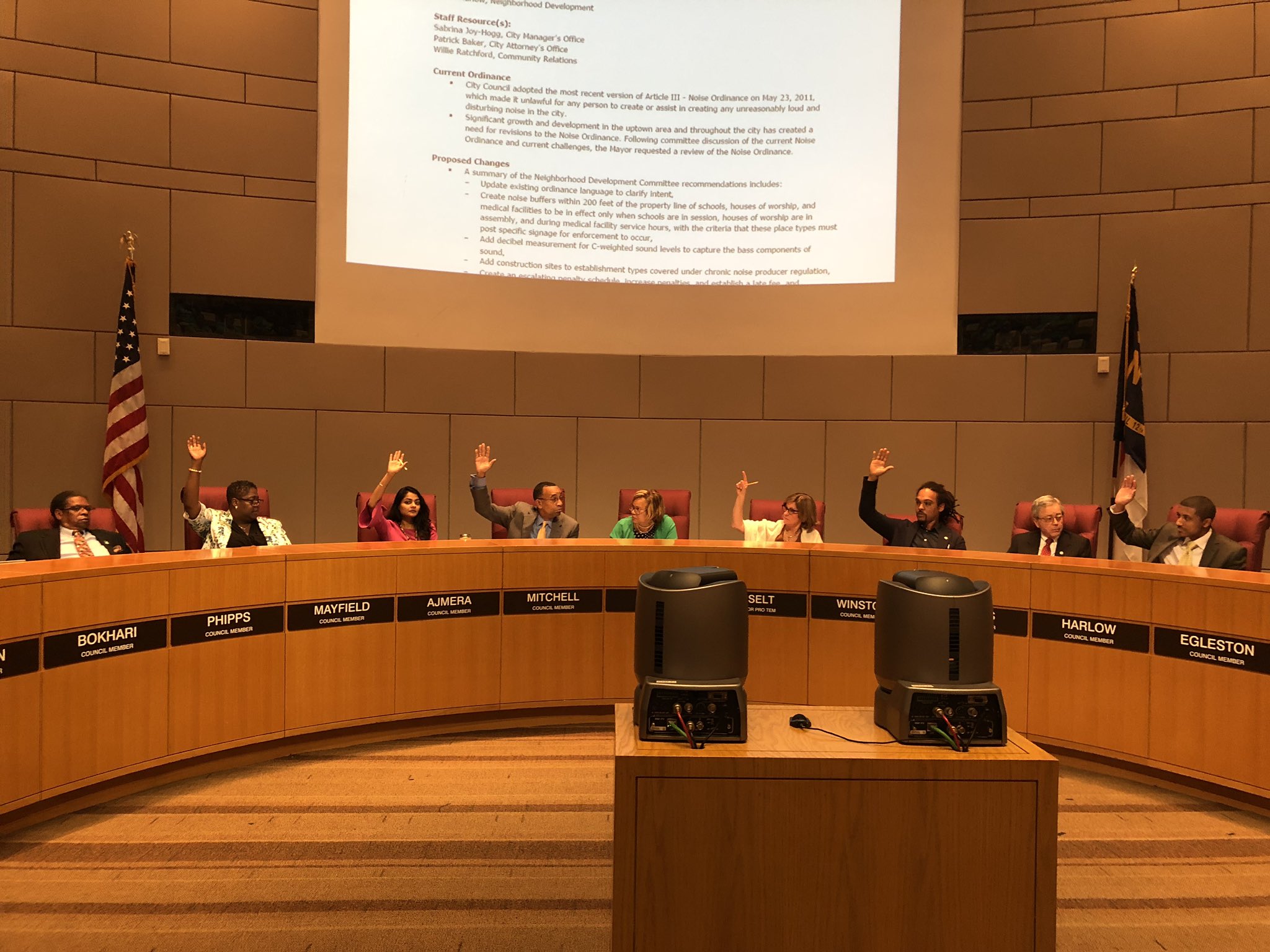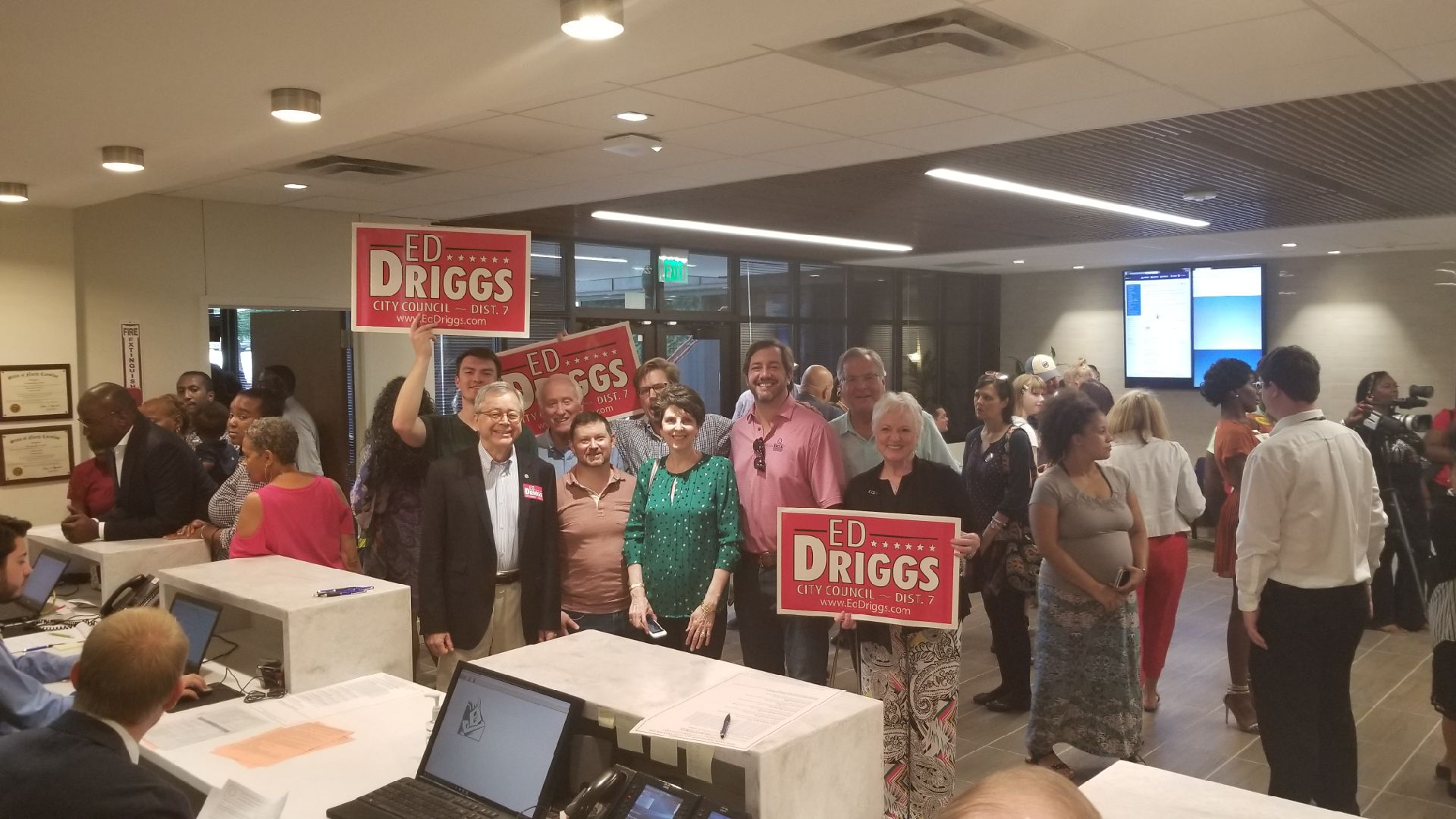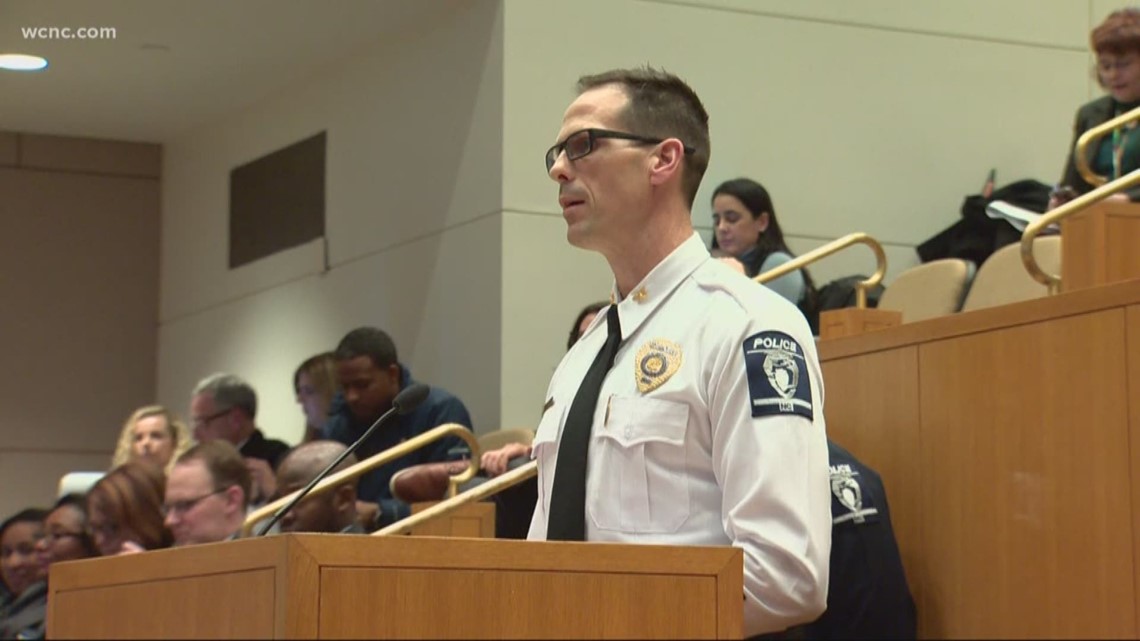BY LAUREN LINDSTROM JULY 03, 2019 12:41 PM
Derelict property owners would be subject to higher fines and steeper legal penalties under proposed changes to Charlotte’s minimum housing code.
The updated regulations represent the first change to the housing code since 2008. But the proposals have prompted concerns from real estate groups and affordable housing advocates alike as officials weigh increasing standards for safe, clean housing with the need to promote affordable housing.
Charlotte City Council’s Neighborhood Development Committee tabled a June vote to move the matter to full council, citing feedback from community groups. Discussions to update the housing code, which dictates minimum standards for residential dwellings in Charlotte, began with a request from the mayor’s office earlier this year.
Council member Justin Harlow, who chairs the Neighborhood Development Committee, said Lake Arbor Apartments were top of mind. The west Charlotte complex got widespread attention after numerous resident complaints. Inspectors found units with no working heat or air conditioning, decaying floors, exposed electrical wires and pests.
“While that is not the only reason we are trying to tackle this, it peeled some layers back to say, ‘What is happening here? Are our standards high enough for property owners?” Harlow, a Democrat representing District 2, said. “Likely there are other Lake Arbors out there as far as massive, ridiculous housing violations.”
The proposed changes recommended by the city’s Housing and Neighborhood Services Department would require:
- Existing kitchen exhaust equipment be operable, maintained and vented to the building’s exterior.
- When air conditioning units are provided, they would need to be correctly installed and in working condition.
- Roof drains, gutters and spouts be maintained without obstruction and designed to direct water away from the unit.
- Kitchen and bathroom faucets to be properly secured and sealed.
- Interior wall, ceiling finishes and trim be free of water intrusion stains or moisture damage.
- A temperature standard of 120 degrees Fahrenheit for water heaters.
The changes represent efforts to ensure structures and fixtures are safe and functional, said Jane Taillon, Charlotte’s code enforcement division manager.
“We want everyone to have a safe and healthy housing whether they own their own home or rent,” she said. “If a landlord provides you with something, we want it to be operational.”
Property owners also would face increased penalties, including:
- Owners not compliant with ordered corrections would be fined $100 per day, an increase from the current $100 penalty on the first day of noncompliance, followed by $10 for each additional day.
- A new $500-per day fine for not remedying “dangerous violations,” such as unsafe wiring or lack of working smoke detectors, within 48 hours.
- Convictions in environmental court upgraded from a Class 3 misdemeanor to a Class 2, which can include probation or up to 30 days in jail.
Only a small number of code violation cases result in fines. Of the nearly 7,500 code cases opened over the last three fiscal years, city officials issued civil penalties in just 95 of them, according to data presented to the housing committee. Eighty-five cases were referred to environmental court.
The proposed changes would also mandate enhanced inspections of entire multifamily complexes if a certain number of units there are inspected within a specific time period, a provision that could address systemic violations at complexes like Lake Arbor.
But some housing advocates are concerned the city’s efforts don’t directly affect residents’ biggest concerns. Jessica Moreno, a community organizer with Action NC, said the proposal doesn’t do enough to directly address mold, which was a frequent complaint from Lake Arbor residents.
City officials have said they don’t have the authority to address mold directly, but several code violations target causes of mold, such as regulating drains and plumbing standards.
Kim Graham, executive director of the Greater Charlotte Apartment Association, said her organization wants to be sure the proposed changes aren’t financially burdensome to landlords, especially those of single-family homes or older properties.
“(We) raised concerns to make sure that we don’t have changes that ultimately work against affordability that will cause property owners…to incur additional costs because of the additional changes,” she said. She said she wouldn’t discuss specific problems with proposals while the organization was still discussing them with the city.
District 7 council member Ed Driggs said he’s in favor of amending the standards, but asked city staff for more information on the financial impact.
“How much will landlords have to spend compared to today to be in compliance? That’s probably going to manifest in the rent,” said Driggs, a Republican. “We don’t want to make it difficult to be an owner of affordable housing, to drive up rents or make people get out of the business.”
City council’s housing and neighborhood services committee will revisit the proposed changes at a July 17 meeting.
Public meetings on the issue are scheduled for 6 p.m. Tuesday at Charlotte-Mecklenburg Government Center, 600 E. 4th St., and 6 p.m. Thursday at the Tyvola Senior Center, 2225 Tyvola Road. Residents are also able to comment through an online survey on the city’s website.
Read more here: https://www.charlotteobserver.com/news/politics-government/article231908868.html#storylink=cpy




